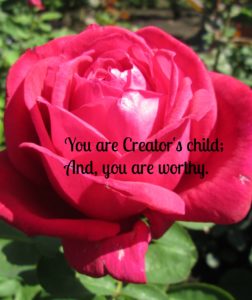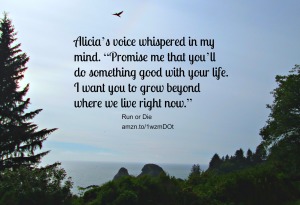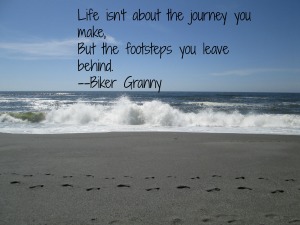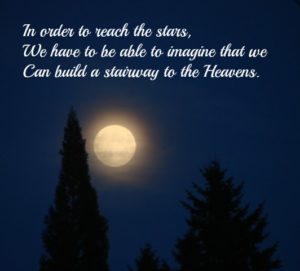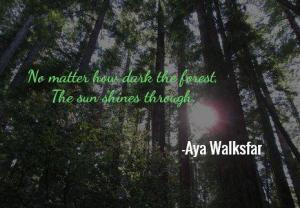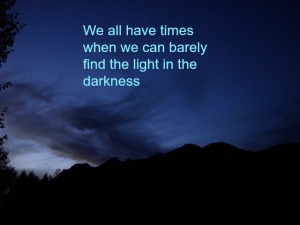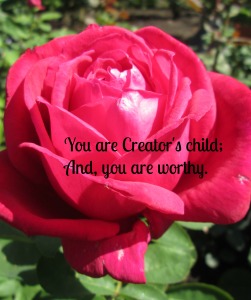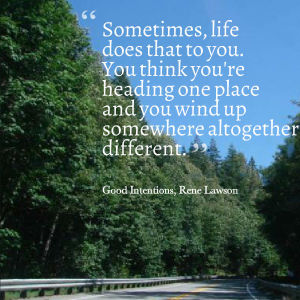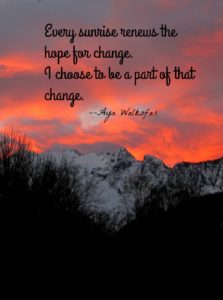
On Saturday, July 8th, I will turn 64 years old. Since the age of 14 when I wrote and circulated my first petition to try to effect change for institutionalized young people–myself included–I have used my writing to attempt to bring about positive changes. Shortly after I began circulating that petition at The Hall (the institution where I was incarcerated for being “incorrigible”), I wrote a series of articles for a black-owned and black-run newspaper. The series was entitled “America’s Criminal Disease” and discussed racism as both a crime by the majority and as a disease of the mind. When my articles were accepted by the newspaper, I was asked to come up and meet with some of the staff.
I hiked through a black neighborhood that had suffered the affects of rioting during that summer of riots throughout America. Though I had grown up among the faces of desperate people, it was the first time I had seen that despair morphed into community-wide rage. It made a lasting impression on me.
Being accepted by that all-black staff as a fellow writer, changed me. For the first time in my life, it was confirmed that like those hundreds of books I had read from Carnegie Library, my writing, too, could change lives; could touch people.
Between the petition and the articles, I found a sense of purpose–the use of words to bring about change. I had discovered the direction I wanted my life to take.
But it wasn’t as easy nor as simple as making that discovery. Shortly after my several petitions to the The Hall’s administration resulted in changes to some long-standing rules, I was forced by the administration to leave The Hall and– unknown to me at the time–any chance I had at gaining a college education.
I was shipped off to a worse institution and my caseworker threatened to place me in a hard-core reformatory. I ran. Education doesn’t happen for kids who live in precarious and not-quite-legal places. I finally wound up marrying and having a child in order to have a stable place to live. Too bad I married a man who wanted to use me as a broodmare to have children to sell on the black market. Needless to say, that marriage didn’t last, but his threats of violence toward my daughter continued until I left the state.
Without friends or family to help with a young child, and no real options for childcare, I wound up working at jobs “under the table”; jobs that paid cash, but paid nothing into the future for me. Whenever I saw a way that I might make more money, I picked up and moved. Not an easy life. A life that sometimes wound me up living in a vehicle parked on a street in some nameless city. Several times, after completing a GED, I started taking college courses. Each time life reared up with a heavy hand and slapped me winding. I’d pick up and start somewhere new. All this time I struggled with my sexual orientation; and, consequently, made some very bad choices in men.
The only thing I held onto during those times of despair was my writing. I continued to use my craft to pen articles, poems, stories. Many were published in small magazines, small press book releases, and other journals. Writing kept me going when nothing else could; it gave me purpose; it gave me hope.
Somewhere along the line, I finally accepted my sexual orientation. Then in my thirties, I met the woman who became my best friend, my life partner, and my wife. It was then that my writing came into its maturity.
Since that time, I have written fourteen books. Mystery, literary, paranormal, and one inspirational tome. Each book has brought me emails and reviews that tell me how my work has entertained, enlightened, encouraged, and empowered others–especially women.
Within each novel, I have represented real people with real issues in our modern society. I have talked about laws that need to be changed, and attitudes that need to be overcome among our people. In novels, I can present facts in such a way that people can more easily keep an open mind as they read and consider.
In Sketch of a Murder, I talk about a justice system that doesn’t give justice to women and children abused by men who can buy their way out of punishment. (Spoiler: justice does prevail in the end). In Street Harvest, I present the very real situation of street kids becoming prey to human traffickers. In Old Woman Gone, I touch on how society views older women and I touch on accepting one’s own spirituality. In Backlash, I point out that the law in many states allow rapists to demand access to children born to their rape victims, thus continuing a cycle of abuse and fear for the victim. In Death by Dog, I tackle a horror of dog fighting.
Even though I present these issues, if one is of a mind to find solutions (as well as enjoy an excellent story), during the course of each story I present ways each of us can help change these situations.
My literary novels always parallel reality while telling a triumphant story of a person who simply refuses to quit, to give up. In those pages, I shout the truth that the only time we fail is when we give up.
Words are powerful. During the many hours I spent among books as a child; during the dark days of the summer of riots, when Watts and so many other cities went up in flames; during those lonely times I spent in solitary confinement for inciting other kids to sign petitions and to stand up for themselves, I learned just how powerful words can be. I learned that words can change lives. (I also learned that those in power fear the words of others and the power for change that those words wield). From those lessons learned came a lifelong commitment to use my words to draw others into my world; to show them a different side of life, and to empower them to become better human beings.
My birthday wish is this: I hope that I have been able to entertain, enlighten, encourage, and empower you with my words. If I have brought you a smile, an uplifted heart, a feeling that someone understands what you are going through, then the years of my life have brought forth good fruit.
If you take nothing else from my writing, take this thought:
